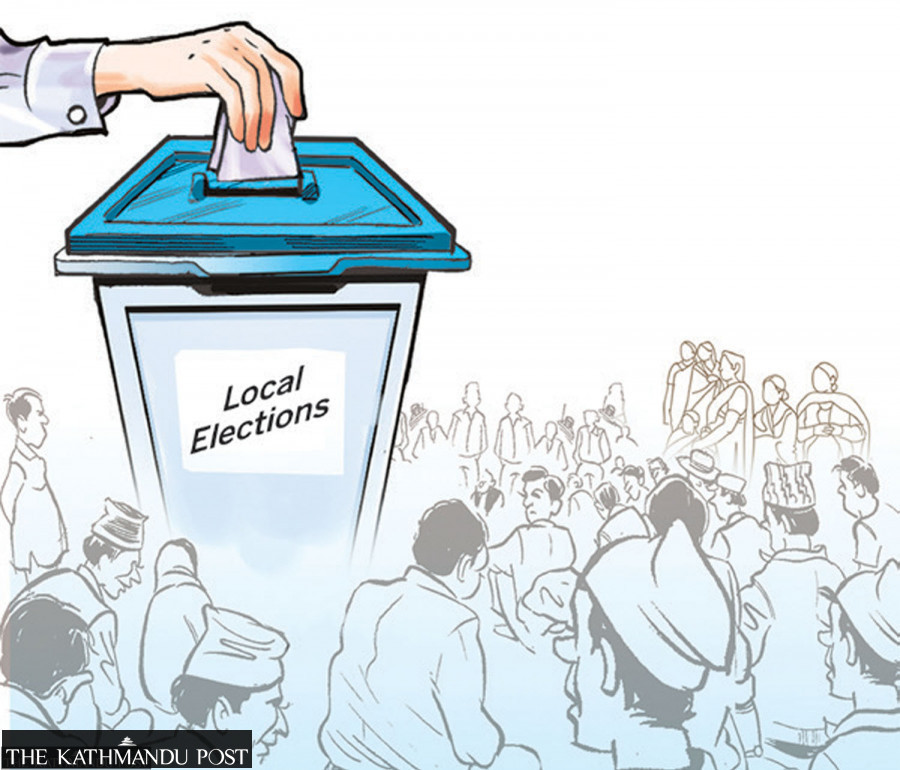Editorial
Tell your own story
Citizens can decide whether they want to elect somebody who governs them or serves them.
No matter how strong its foundations, a democracy is not immune to corruptibility. Of the many tools that maintain and rejuvenate a democracy, periodic elections are the most effective and the most acceptable. Elections are, thus, not just the "beauty" of a democracy as they say, but, in fact, a necessity. If there is one thing that reflects how strong a certain democracy is, it is how confidently and conscientiously its citizens elect the leaders that will serve them through the next term. After all, of the many systems of governance modern humans have developed to keep their societies intact, democracy, despite its inherent flaws, remains the most sustainable.
At the heart of the democratic elections, then, are the voters who get to decide whom they want to elect to represent their aspirations, and not the candidates who, in conventional electoral debates, receive a disproportionately high amount of attention. The changing nature of political discussion around elections, facilitated by social media, has made it possible for citizens to receive information that often debunks the dominant narrative propagated by the established political parties and conventional media institutions. Despite its thousand ills, social media has mediated a widespread exchange of opinion from across the political spectrum, leaving people better informed, if not just more confused, about who best represents their aspirations. No other occasion arguably matches the kind of polemics on social media than during elections, so much so that in various countries across the world, election results have been heavily influenced as citizens make up their minds based on what they see and post on their home pages.
In Nepal, too, citizens have taken to social media to make electoral candidates accountable for their past conducts as well as caution them to make good on their promises once they are elected. There is no dearth of information and opinions anymore; as citizens stand before the ballot paper, with the "swastika" stamp in their hands, they are expected to use reason rather than whim while deciding who gets their precious vote. For, in a democracy, there is no bigger opportunity than an election that puts the opinion of a citizen at the centre. On that momentous occasion, citizens must gather the courage to even go against the tide and elect candidates they consider worthy of representing them.
A democracy is a process whereby citizens voluntarily participate in the process of electing somebody who represents them. And in this process, they can decide whether they want to elect somebody who governs them or somebody who serves them. This is a critical responsibility, for they must use reason and conscience so as not to elect corrupt and irresponsible individuals. Many a time, elected leaders with little accountability towards the interests of citizens have made them believe that the electoral choices they made are wounds they inflicted upon themselves. It is time for citizens to change such a flawed narrative, and become the narrators of the story they want to tell. As citizens across the country prepare to elect their local representatives for the second term, the Post wishes that they consider this election not just as an opportunity provided by a democratic polity, but as a responsibility to shape their future.




 18.12°C Kathmandu
18.12°C Kathmandu














